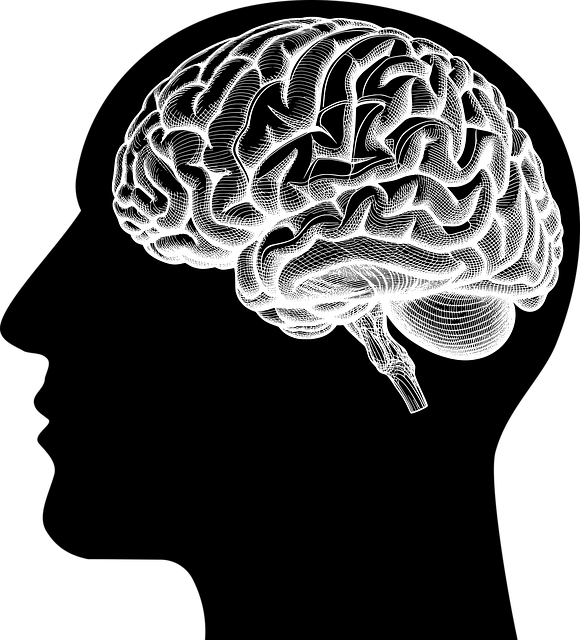Westminster Chronic Illness Therapy emphasizes culturally sensitive care as a key strategy for improving mental health outcomes in a diverse UK society. Through comprehensive training, evidence-based practices, and incorporating cultural rituals, therapists create an inclusive environment that respects varied beliefs and perspectives. This approach enhances communication, self-care routines, and treatment adherence while preventing burnout among healthcare providers, ultimately leading to better patient satisfaction and improved access to mental health services.
Cultural sensitivity is a cornerstone of effective mental healthcare, especially in diverse societies. This article explores the importance of cultural competence within the practice at Westminster Chronic Illness Therapy. We navigate the intricate landscape of varied cultural beliefs and their intersection with mental health care, highlighting the profound impact on patient outcomes. Through practical strategies, we demonstrate how culturally sensitive approaches enhance therapeutic experiences, fostering better engagement and improved treatment results for diverse patient populations at Westminster Chronic Illness Therapy.
- Understanding Cultural Sensitivity: A Cornerstone of Effective Therapy
- Navigating Diverse Cultural Beliefs and Mental Healthcare Practices
- The Impact of Cultural Competence on Patient Outcomes at Westminster Chronic Illness Therapy
- Strategies for Culturally Sensitive Practice: Enhancing Care at Westminster Chronic Illness Therapy
Understanding Cultural Sensitivity: A Cornerstone of Effective Therapy

Understanding Cultural Sensitivity is a cornerstone of effective therapy, especially within diverse communities, including Westminster Chronic Illness Therapy’s target demographic. In today’s interconnected world, mental healthcare professionals must embrace cultural sensitivity to provide inclusive and compassionate care. This involves recognizing and appreciating the unique cultural backgrounds, beliefs, and values of each client, ensuring their experiences are validated and respected.
By integrating compassion cultivation practices into therapy sessions, mental wellness coaching programs development becomes more tailored and accessible. Encouraging clients to engage in mental wellness journaling exercises, for instance, can facilitate self-reflection while exploring personal narratives through a cultural lens. This guidance not only improves communication but also fosters an environment where individuals feel heard, understood, and empowered to navigate their mental health journeys with support.
Navigating Diverse Cultural Beliefs and Mental Healthcare Practices

In a diverse society like the United Kingdom, where cultures intertwine and co-exist, mental healthcare professionals must be adept at navigating different cultural beliefs and practices to offer effective treatment. This is particularly important in Westminster Chronic Illness Therapy, where patients from various ethnic and socio-cultural backgrounds seek support for their mental wellness. For instance, some cultures may hold traditional views on mental illness, viewing it through the lens of spiritual or familial dynamics, which significantly influences how individuals express and cope with psychological distress.
Understanding these cultural nuances is vital to fostering a safe and inclusive environment. Mental healthcare providers should be equipped with knowledge about diverse practices, such as incorporating cultural rituals or specific therapeutic approaches that respect individual beliefs. For example, promoting self-care routine development tailored to each patient’s cultural context can enhance their overall mental health. Additionally, Burnout Prevention Strategies for Healthcare Providers are essential tools to ensure professionals remain resilient when confronting these cultural differences, thereby providing consistent and compassionate care to all patients.
The Impact of Cultural Competence on Patient Outcomes at Westminster Chronic Illness Therapy

At Westminster Chronic Illness Therapy, cultural competence has emerged as a cornerstone in enhancing patient outcomes. Recognizing that each patient brings their unique cultural background to therapy, the practice has implemented comprehensive training programs for healthcare providers. These initiatives focus on improving mental health awareness and fostering an inclusive environment. By understanding and respecting diverse cultural perspectives, therapists can tailor their approaches, ensuring effective communication and building stronger therapeutic alliances.
The benefits of this focused effort are evident in improved patient satisfaction and adherence to treatment plans. Cultural competency training enables healthcare providers at Westminster Chronic Illness Therapy to navigate complex cultural nuances, dispel stereotypes, and provide culturally sensitive care. This approach not only strengthens the bond between therapist and patient but also contributes to more positive outcomes, reflecting the commitment of the practice to Mental Health Awareness and the ongoing development of Public Awareness Campaigns.
Strategies for Culturally Sensitive Practice: Enhancing Care at Westminster Chronic Illness Therapy

Westminster Chronic Illness Therapy recognizes that providing culturally sensitive care is paramount to effective mental health treatment. To enhance patient experiences and outcomes, therapists employ various strategies tailored to the diverse cultural backgrounds of their clients. This approach ensures that care is not only competent but also compassionate, addressing unique needs and beliefs.
By incorporating cultural competency training and utilizing evidence-based practices sensitive to cultural nuances, Westminster Chronic Illness Therapy offers a supportive environment. Therapists actively listen to patients’ perspectives, adapt treatment plans accordingly, and foster open communication. This holistic method aims to improve access to mental health services, promote Depression Prevention, and provide Anxiety Relief while respecting and celebrating individual cultural identities.
Cultural sensitivity in mental healthcare is no longer a consideration, but a necessity. As diverse communities seek support, institutions like Westminster Chronic Illness Therapy must adapt their practices to cater to these needs. By understanding and navigating cultural differences, as highlighted in this article, the therapy center can significantly improve patient outcomes. Implementing culturally sensitive strategies ensures that every individual receives care tailored to their unique background, fostering a more inclusive and effective healing environment at Westminster Chronic Illness Therapy.














